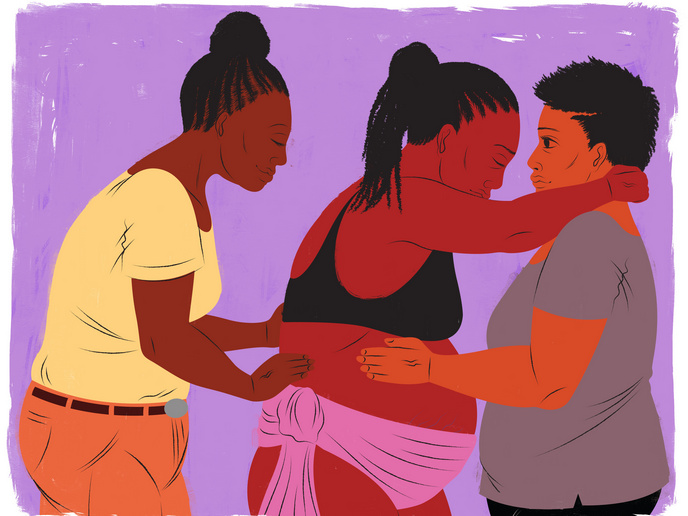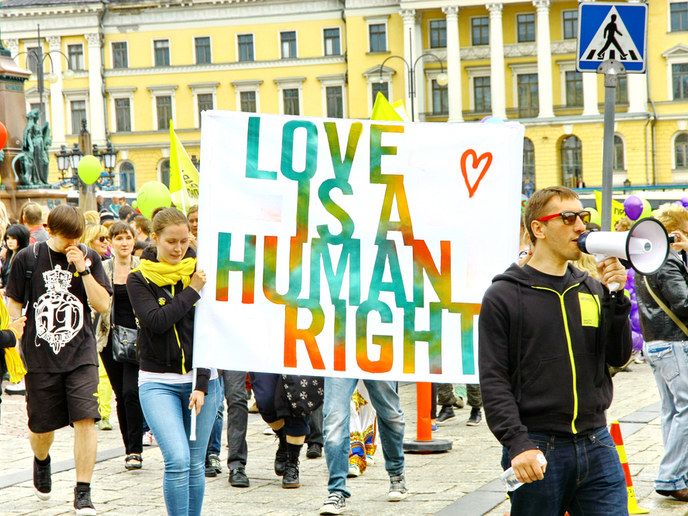Comparative study reveals reproductive racialisation
In many European countries, maternal health among black women is statistically worse than in white populations, and among non-white subgroups as well. For example, in the United Kingdom maternal mortality rates are two to three times higher among black women than among other populations. Unfortunately, this disparity is not well-researched in Europe. The RiR(opens in new window) project, undertaken with the support of the Marie Skłodowska-Curie Actions(opens in new window) programme, addresses this shortcoming by applying comparative research in the US to the black maternal health crisis in Europe.
Black maternal health disparities
In recent decades, research has examined maternal health outcomes of women in Europe and the US through the lens of race. According to Marie Skłodowska-Curie Actions fellow Chiara Quagliariello : “Despite the different functioning of the European and American healthcare systems, black populations present worse maternal health outcomes than other populations in both contexts.” Data analyses point to higher rates of prenatal risks, preterm deliveries, caesarean sections and maternal mortality among black women. Social and economic factors account for some of this disparity, but racialised views are also a cause. As Quagliariello says: “The idea that black mothers are physically stronger and less in need of medical help, or the idea that black mothers are ‘lazy’ and more in need of medical control are some examples of racialised views that can lead to unequal medical treatment of black mothers.”
Reproductive justice
The main theoretical approach guiding RiR is reproductive justice(opens in new window). Reproductive justice theories explore how some populations are granted more reproductive rights than others. These rights include the right to have children, the right not to have children and the right to have children in a safe environment. Such theories were first developed in the US in the 1990s, and have since spread to Europe. Reproductive justice – in concert with a growing body of data related to racial disparities in maternal health outcomes – is a necessary tool to guide scientific and political reflection on all matters of reproductive health, including access to abortion, fertility treatment and breastfeeding assistance.
Activities and outcomes
RiR combines training and research completed in the US applied comparatively to Europe. Quagliariello attended five webinars, six conferences and three courses at City University of New York(opens in new window), the partner organisation of the project. Research activities took place in Brooklyn, Harlem, Yonkers and the Bronx. These neighbourhoods were chosen because health disparities are among the worst in the city, and community action on reproductive justice is widespread. In their fieldwork, Quagliariello collaborated with a range of health professionals and patients, including gynaecologists, midwives, doulas and reproductive justice activists. One unexpected aspect of the project was the key role played by black doulas in their communities. In response, Quagliariello organised an international workshop, stating: “For the first time, black doulas from different European countries and the United States met to network and discuss how to improve black maternal health in the Global North.” A final outcome supported by the project is preparation of a manuscript on racialisation and reproduction. This will be the first comparative anthropological book on the topic of reproductive justice and black maternal health in Europe and the US. RiR is set to contribute to public health policies that lead to a more equitable future for black mothers in Europe and around the world.







